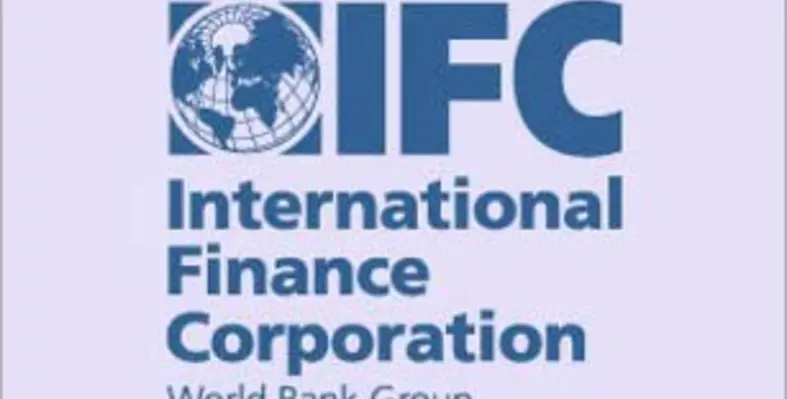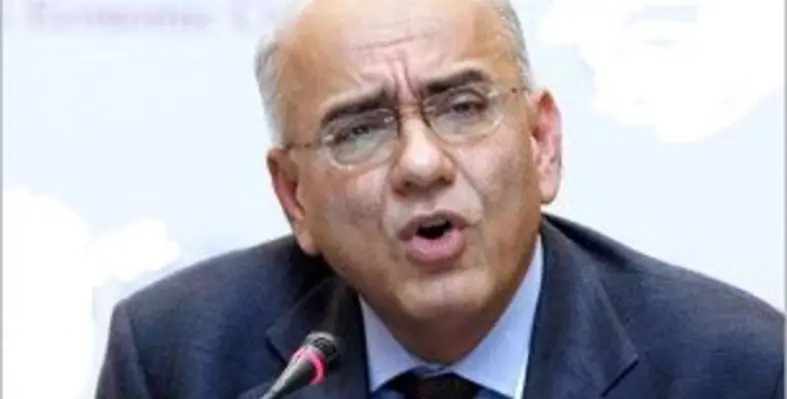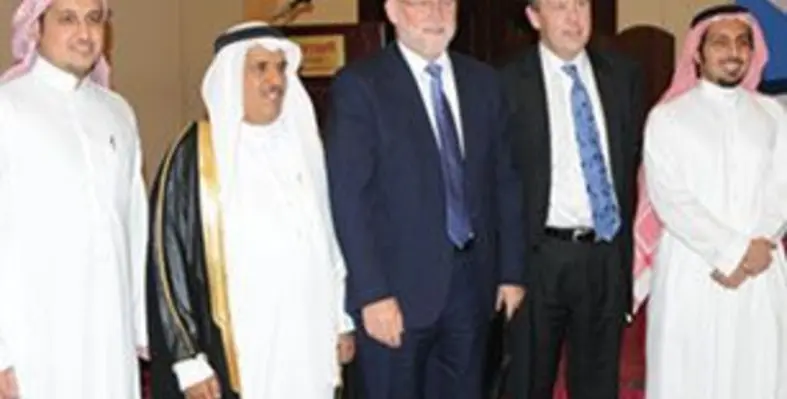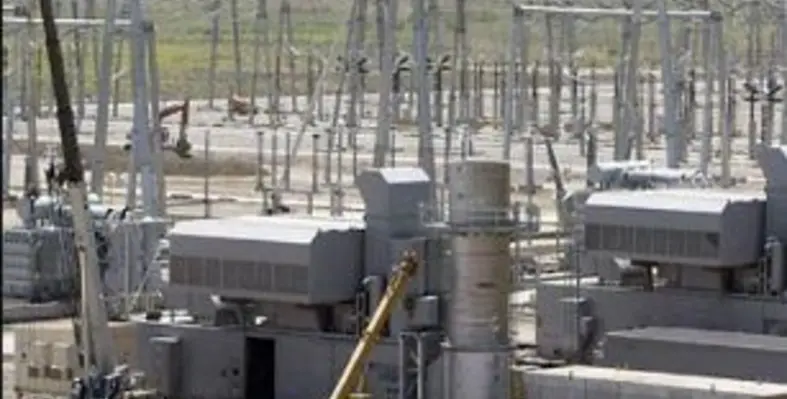KFB Group signed a Memorandum of Understanding (MoU) with the US firm Eaton Corporation for co-operation in a wide range of activities from trading and distribution of IEC products, assembly of IEC MV Systems and promotion of its busway systems in the Kingdom of Saudi Arabia.
Business & Management
Iraq receives US$750mn loan
Iraq will receive loans from Japan totalling US$750mn to help rebuild the countrys damaged and ageing infrastructure, after Japans rime Minister Yoshihiko Noda met with Iraqi leader Nouri al-Malik.
Iraq to receive US$800mn from IFC for private sector

IFC, the World Banks investment arm, will invest around US$800mn into Iraq over the next three years to help boost development in the private sector, Rashad Kaldany, vice president of IFC said.
?
International Finance Corporation (IFC), the World Banks investment arm, will invest around US$800mn into Iraq over the next three years to help boost development in the private sector, Rashad Kaldany, vice president of IFC said.
US firm looking at investing in Iraq
North American Western Asia Holdings (Nawah), set up by former Silicon Valley executive and US government official Paul Brinkley and American businessman Thomas Pritzker, will also offer advisory services to build enduring businesses in the region. Nawah said its initial investment focus will be in Iraq.
Growth in MENA region to fall in 2011 ? IMF

A deterioration in the international economic outlook and the buildup of domestic social pressures have resulted in an economic slowdown - Masood Ahmed, Director, IMF, Middle East and Central Asia Department.
The IMFs Regional Economic Outlook for the Middle East and Central Asia, projected growth in the MENA region at 3.9 per cent in 2011, down from 4.4 per cent in 2010.
The economic outlook for countries across the Middle East and North Africa region varies markedly, with the oil-exporters seeing a mild pickup in growth in 2011 on the back of higher oil prices, and the oil-importers experiencing a dramatic slowdown, the IMF says in its latest assessment of the region.
Oil exporters and importers
The regions oil-exporting countries (excluding Libya) - Algeria, Bahrain, Iran, Iraq, Kuwait, Oman, Qatar, Saudi Arabia, Sudan, the United Arab Emirates, and Yemen - are forecast to expand by 4.9 per cent in 2011, thanks to higher oil prices and oil production. But growth among the regions oil importers - Afghanistan, Djibouti, Egypt, Jordan, Lebanon, Mauritania, Morocco, Pakistan, Syria, and Tunisia - will register just under two per cent.
"Since the beginning of this year, a deterioration in the international economic outlook and the buildup of domestic social pressures have resulted in an economic slowdown in many of the regions oil-importing countries," Masood Ahmed, Director of the IMFs Middle East and Central Asia Department.
Economic activity bolstered
Economic activity in the regions oil-exporting countries has clearly improved, bolstered by continued high energy prices. This expansion is driven by the high level of activity in the countries of the Gulf Cooperation Council (GCC), where growth is projected at seven per cent in 2011, the report stated.
Several countries - Saudi Arabia in particular - have stepped up oil production temporarily in response to higher oil prices and shortfalls in production from Libya.
"The decision to increase oil production in the wake of disruptions in Libya was an essential contribution toward global energy market stability and enhanced activity," Mr. Ahmed noted.
At current projected oil prices and levels of production, revenue gains will more than offset the high levels of public spending. In 2011, the oil exporters combined external current account balance is expected to increase from $202bn to $334bn (excluding Libya), and from $163bn to $279bn for the GCC.
Downside risks
But fiscal vulnerability has also increased substantially, as break-even oil prices have risen steadily and are now approaching observed oil prices.
"Oil-exporting countries have understandably increased fiscal spending to address social needs. Looking forward, the widening of non-oil fiscal deficits makes many countries more vulnerable to swings in oil prices, at a time when the world economy is facing heightened risks," Mr. Ahmed added.
Looking ahead, the IMFs assessment foresees a moderation in growth for the regions oil exporters to about four per cent in 2012, and notes that these countries also face some downside risks.
"Undoubtedly, the year ahead will be challenging for many countries, with continued political uncertainty, a deteriorating global economic outlook, and higher financing costs impeding a quick economic recovery. Measures aimed at restoring confidence and fostering more inclusive growth will help countries enhance activity and ultimately address the needs of the population," Mr. Ahmed said.











